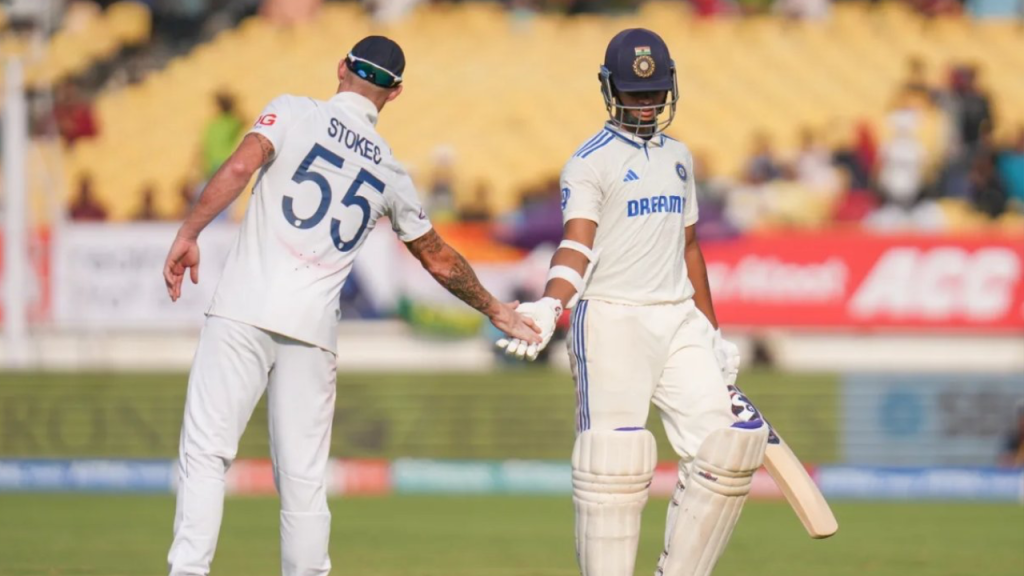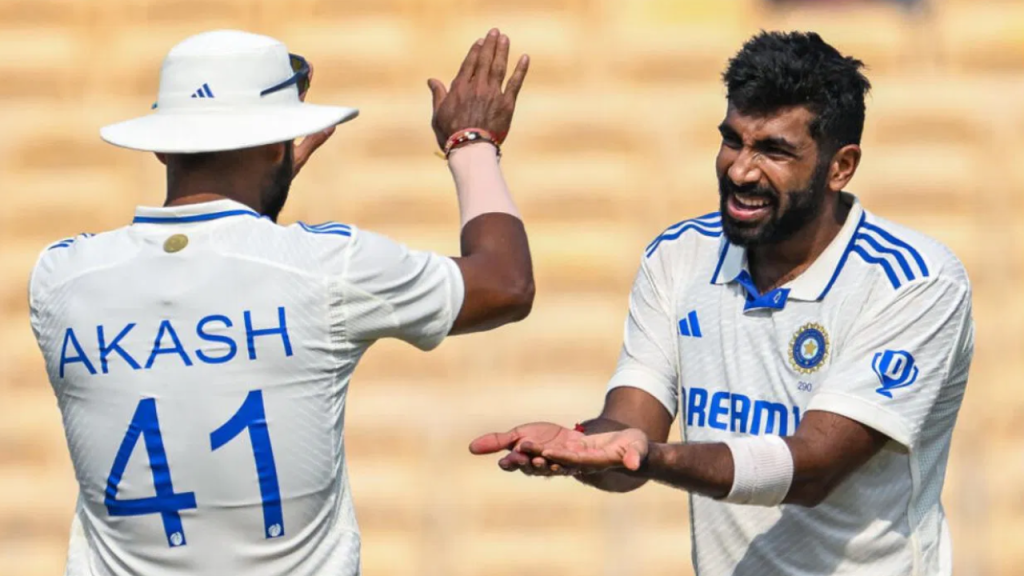Why ICC Has Banned Harmanpreet Kaur For 2 Matches? The Indian cricket community recently experienced a shock. Their women’s team captain, Harmanpreet Kaur, may be banned from two critical matches in the upcoming Asian Games. The International Cricket Council (ICC) has reportedly taken a stringent stance against Kaur’s conduct during the third ODI against Bangladesh. Consequently, a penalty of four demerit points is anticipated, which will result in a two-game suspension.
This incident occurred at the Sher-e-Bangla National Cricket Stadium during a heated match. The tension reached its peak when Kaur, in an attempt to sweep a delivery off Nahida Akter, missed the ball. Subsequently, a confident appeal from Nahida led the umpire to raise his finger, indicating Kaur’s dismissal.
In response, Kaur exploded in fury. She vented her frustration by striking the stumps with her bat and exchanging terse words with the umpire. Moreover, as she left the field, she acknowledged the crowd with a defiant thumbs-up. This unexpected display of aggression caused quite a stir, drawing attention to the strict rules of conduct in international cricket.
The repercussions of Kaur’s actions were far from over. During the post-match presentation ceremony, she strongly criticised the umpiring. She branded it as “pathetic”, and expressed disappointment at certain decisions. This harsh critique has reportedly put her in line for a Level 2 breach of the ICC Code of Conduct.
The ICC’s regulations clearly stipulate that if a player earns four or more demerit points within 24 months, these convert to suspension points. Consequently, the player will face a ban. The ban will span one Test two ODIs or two T20Is, depending on the player’s upcoming schedule.
YOU MAY ALSO READ: 3 Times Indian Captain Had Heated Fight With Umpires
ICC Has Banned Harmanpreet Kaur For 2 Matches

Kaur’s imminent challenge is the women’s T20 event in the Asian Games, starting on 19 September. The Indian women’s cricket team, thanks to their high ICC ranking, could potentially proceed directly to the quarterfinals. However, with Kaur possibly out of the picture, they would face the significant challenge of participating without their influential skipper in the quarter and semi-finals.
The ICC Code of Conduct dictates that “Demerit Points remain on a player’s disciplinary record for 24 months from their imposition, after which they will be expunged.” Thus, players need to maintain their conduct on-field, not just for their immediate future, but for two years ahead.
This incident underscores the importance of maintaining decorum and adhering to the spirit of the game, irrespective of the pressure or provocation. With Kaur potentially missing key games, the Indian team’s journey in the Asian Games could become exponentially more difficult. Consequently, this serves as a crucial lesson for players at all levels of cricket.
While Kaur’s frustration may be relatable, her actions have exposed her and her team to grave potential consequences. This situation also reminds us that all athletes, irrespective of their rank or reputation, are subject to the same rules and should uphold the values of sportsmanship.





